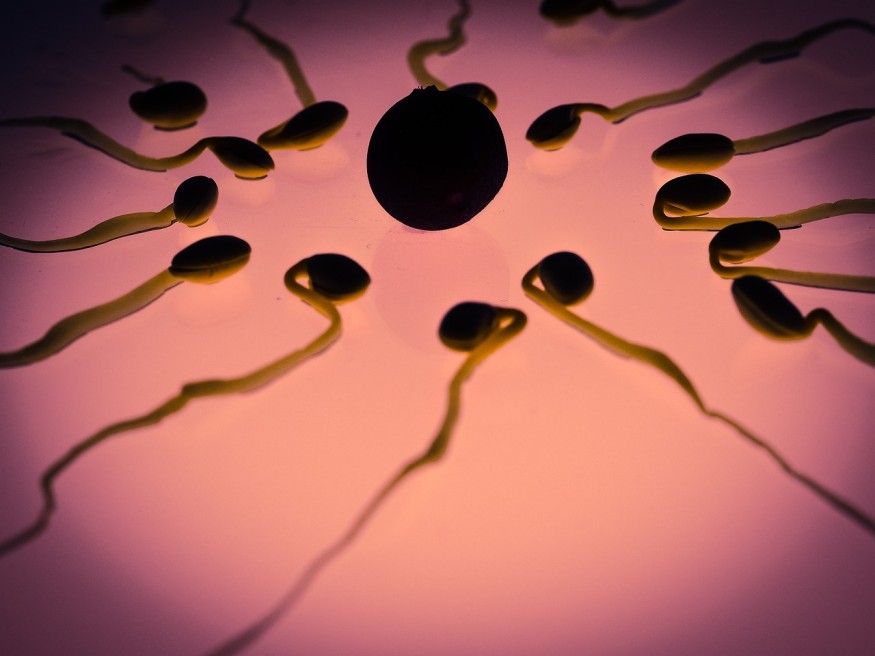Biotech startup Conception Bioessences is working towards a fertility option that could enable lab-grown human eggs to be nurtured.

Lab-Grown Human Eggs in the Works
NPR reports that Matt Krisiloff, one of Conception's founders, explains that the technology could revolutionize human reproduction. They are trying to accelerate and commercialize in vitro gametogenesis (IVG).
Krisiloff explains that, in essence, they are trying to convert an induced pluripotent stem cell into a human egg. This leads to opportunities for others to have children even when they do not have any current options.
In Vitro Gametogenesis
On top of this, IVG could also aid women who lost their egg cells because of cancer therapy, Webthat adds. It could also help women unable to produce healthy eggs and women with unviable eggs due to age.
As such, the technology would allow such women to have babies that are genetically related to them at any given age. This is because pluripotent stem cells can be taken from anyone's blood or skin cells. Hence, the lab-grown human eggs would contain the DNA of the person from whom the stem cells were taken.
Follicles and Mini-Ovaries
Interestingly, the specialists from Conception are trying something different with IVG compared to other global efforts. They create follicles, which can be found in the ovaries and are crucial to egg maturation. Kristiloff explains that, from what he knows, Conception is the first one to do such a thing.
The Conception team uses mini-ovaries, a mix of cells grown by the company to nurture primordial cells in their journey to become immature human egg cells. Primordial cells are greeted by the exposure of pluripotent cells to a particular protein elixir. The ingredient allows the cells to become either egg or sperm cells.
Fertility Advancements
The technology may also allow same-sex couples to bear biological children. Kristiloff explains that eggs could be created from one partner's cells and fertilized by the sperm of the other. A surrogate mother could then bear the embryo until the baby, genetically connected to the two men, is born.
As such, the technology could also help lesbian couples have babies born with two women's genes. At the same time, transgender couples could also use technology to have biologically related babies.
This novel advancement is not the only one at work. Japanese scientists were able to conduct IVG on mice successfully. They are trying to do the same for humans. Several global labs are also joining the effort.
Japanese scientists have even claimed this year that growing humans from scratch in the next five years may be possible. However, unlike the technology of Conception, their efforts focus on nurturing the eggs within an artificial womb until a viable fetus is grown.
RELATED ARTICLE : Lab-Grown Babies? Growing Humans From Scratch Could Be Possible in Half a Decade, Japanese Scientists Claim
Check out more news and information on Medicine and Health in Science Times.
© 2026 ScienceTimes.com All rights reserved. Do not reproduce without permission. The window to the world of Science Times.










